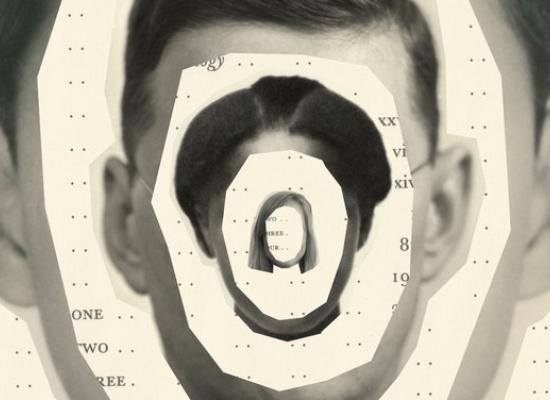
Classic memoirs and their contemporary read-alikes
Here are three “classic” memoirs matched up with three brand-new memoirs similar enough to serve as their contemporary counterparts.
There are as many life stories as there are people in the world so it’s no wonder that there countless interesting and diverse memoirs out there. However, there are also enough people in the world that life experiences repeat themselves from time to time, although never in exactly the same way. The following are three “classic” memoirs matched up with three brand-new memoirs similar enough to serve as their contemporary counterparts.
The Glass Castle by Jeanette Walls, published in 2005, is more of a contemporary classic than anything, but it’s worth a mention here because it has been read millions of times, spawned multiple editions and translations, and was even recently adapted for film. The Glass Castle, of course, is the true story of the author’s dysfunctional childhood with nonconformist parents and how she managed to find success in spite of it all. A new memoir, Educated, written by Tara Westover is very similar. It is about the author’s experience growing up with parents who shun conventional medicine, conventional education…or really anything conventional. Deeply religious and evidently suffering from mental illness (mood swings, delusions of grandeur, paranoia, etc.), her father insisted on keeping his children away from schools, hospitals and anything remotely institutional other than their church. Eventually, as Tara nears adulthood, she decides to pursue a formal education. It opens up her world and makes her realize the extent of her family’s dysfunction.
If you remember being moved by Night by Elie Weisel, first published in the 1950s, try reading The Girl Who Smiled Beads by Clemantine Wamariya. The authors of these candid memoirs discuss the horrors they experienced as child survivors of genocide. While they focus on different tragedies (the Holocaust in Night; the Rwandan genocide in The Girl Who Smiled Beads), both are moving stories of loss and perseverance. The Girl Who Smiled Beads, which will be released next month, is one of the best memoirs I’ve read recently. It is about the author’s experience living as a young refugee following the Rwandan genocide, when she and her sister were separated from the rest of their family. These incredibly harsh memories are interspersed with the “after” — several years later when she is living in relative privilege in America. The stark difference between her life as a refugee and her life as a scholarship-winning, Oprah-mentee is obviously a huge source of discomfort for Wamariya. And really it should be for all of us. One interesting thing about The Girl Who Smiled Beads is how frequently the author brings up her connection to Night. Wamariya has said, “Night was the door that opened up the world for me. That is truly not an exaggeration. The book made me feel not crazy. It made me feel not alone. Wiesel had words to express experiences I couldn’t articulate. He shared thoughts and feelings that I was too ashamed to name.”
Ernst Jünger’s Storm of Steel is a memoir about the savageries of war through the eyes of a solider. Fast forward nearly 100 years, and we’re still being traumatized by war. Enter Eat the Apple by Matt Young, a memoir which was released in February. It is an offbeat, stylistically complex book that tells of the author’s experience as a Marine over multiple tours in Iraq. The chapters drift between first, second and third person. Some have pictures, some others are vignettes. The choppiness and frequent use of the third person made the narrator seem distant and unknowable, but I suspect that was the intention. As a whole, this book offers a frank, cynical and DARK glimpse into war and hyper-masculine culture. Young is very brave for writing about his experiences with such candor, although I can’t say I always felt connected to the narrative.
Educated, The Girl Who Smiled Beads and Eat the Apple can be reserved from your branch of the County of Lennox & Addington Libraries or online here.
This article was originally published in The Napanee Beaver.
